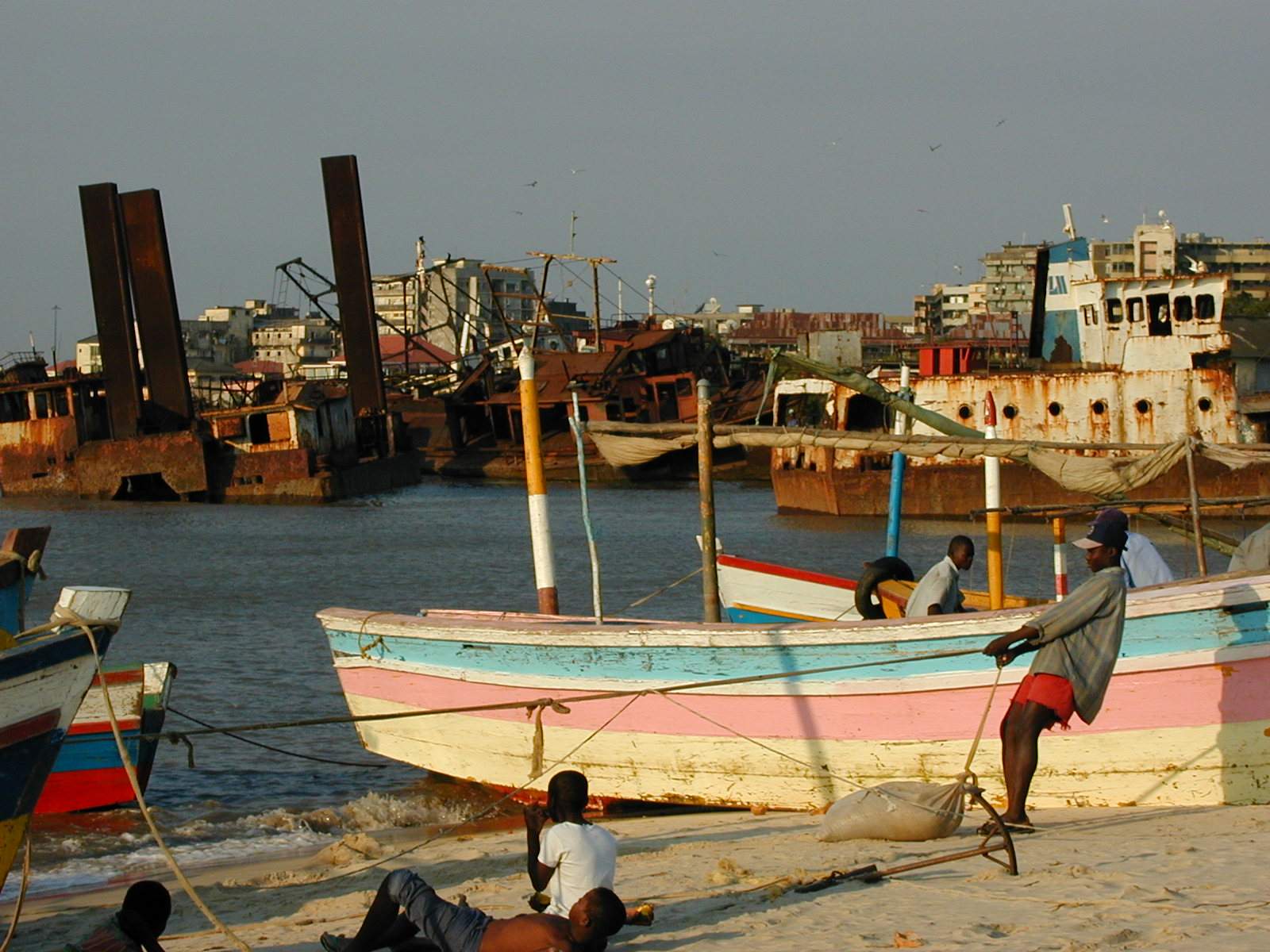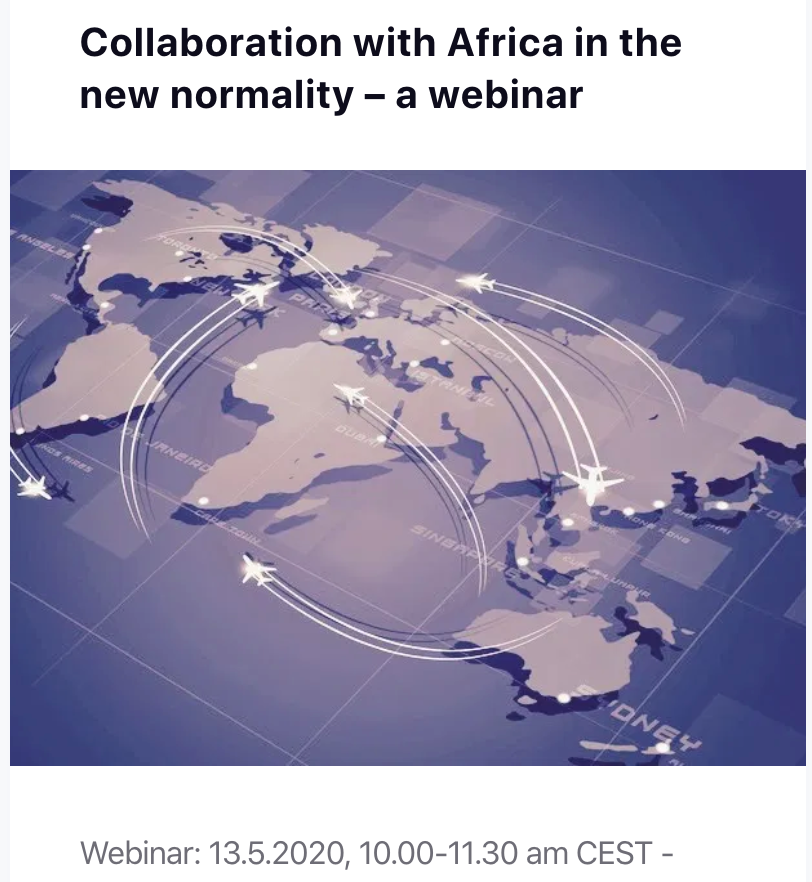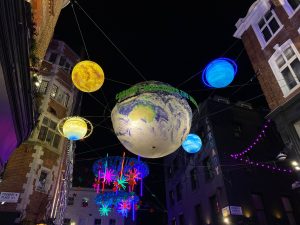HANS STOISSER
Communities – What we can learn from Africa

Lively communities distinguish African from Western societies. They enable people to navigate through a world of uncertainty. In times of CORONA/Covid19, can we in the West learn from this?
When will the schools open again? When large shops? When will we have the freedom to travel again? Next week, or in 2, 3 or 4 weeks? – The pressure on the Austrian government is now enormous. We all want to PLAN our actions. The dyed-in-the-wool planners among us do not even know the basic conditions for the summer holiday.
VUCA
Corona has brought a “VUCA world” to Europe, a world full of Volatility, Uncertainty, Complexity and Ambiguity.
In many African countries such a world is part of everyday life. From abrupt power cuts, lack of water supply, suddenly closed road connections to erratic government decisions that deprive companies of their livelihood from one day to the next.
African companies and organisations generally operate in a world of uncertainty and volatility. The question was therefore obvious, what can we learn from them for our Corona time? About two weeks ago we discussed this in a webinar with direct connections to Nigeria.
“Successfully dealing with VUCA is first and foremost a question of mindset”, said Peter Bamkole, Business Professor in Lagos, Nigeria. It’s about the attitude that problems can arise anytime, anywhere and that you are ready to act.
But this is something you can learn in a standard management seminar. Can there also be a specific African way of management from which we can learn how to deal with uncertainty? No. Just as there is no separate Chinese, Indian or Brazilian management.
15 years ago, I taught in my management seminars in Southern Africa – very much in the sense of Peter Drucker, the Austrian-born management thinker – that WHAT management does all over the world is the same thing: setting goals, monitoring implementation, leading people or making decisions. But HOW you approach the tasks can be culturally different. A different mindset is undoubtedly part of the how and not the what.
“You always have to come out of a crisis stronger than you went in”, Bamkole continued. “A we-can-do-it spirit is part of the DNA of successful African companies.”
Blood-washed
But a big difference to African organisations is that their mindset is not the result of good management training, but the result of a confrontation with reality. “Blood-washed” is the name given to soldiers who fought with live ammunition in war and had to run for their bare survival. In a figurative sense, managers are “blood-washed” when they had to make decisions and act under the greatest pressure in a world full of uncertainty in order to secure their economic survival.
This is the reality in Nigeria and other African countries. And when, in the course of the Corona crisis, more and more entrepreneurs and managers have to fight for their economic survival, we in the West are getting closer to this reality.
Communities
But how do the harsh African realities fit in with the way Africans treat each other, which we so often appreciate? Doesn’t a culture of respect and mutual esteem that is lived in many places in Africa stand in contrast to a world full of uncertainty and volatility?
Perhaps a big difference lies in the fact that most African countries have not gone through a phase of industrialisation in the last 200 years. While our societies in the West have been characterised by an ever-deepening division of labour and specialisation. We had to create the conditions for this, an ever more predictable environment, including a deepening social security system. At the same time, we have replaced communities and large families with the urban nuclear family. Our current social structure clearly corresponds to the requirements of industrialization.
Meanwhile, most African societies have remained exposed to the fate of forces of nature and also to the arbitrariness of political power. They have preserved what was lost in our process of industrialisation: communities to which individuals feel a sense of connection.
Cooperation within the ecosystem
Against this background, another sentence by Peter Bamkole in the webinar takes on a completely different meaning:
“Collaboration within the ecosystem is crucial for survival in the VUCA world!“
In modern words he describes this important success factor. Only that the realities in African countries are very different from ours. “Ecosystems” in Africa are communities that are held together by their members. Much larger networks with much closer personal contacts and a way of relationship management that places the great common at the centre and above the fate of the individual.
Such an ecosystem is the vital anchor in the volatile and uncertain world of African countries. For companies as well as for individuals.
Such an ecosystem would also help us in Europe to navigate through the turmoil and uncertainties of the Corona crisis. We still couldn’t reliably plan our budgets or our summer holidays, but we could rely on relationships and on the fact that there is a very high probability of getting through the crisis successfully TOGETHER.
Here you can watch the full video stream of the webinar from April 15, 2020:
If you are interested, you are welcome to participate in our next webinar on May 13:




